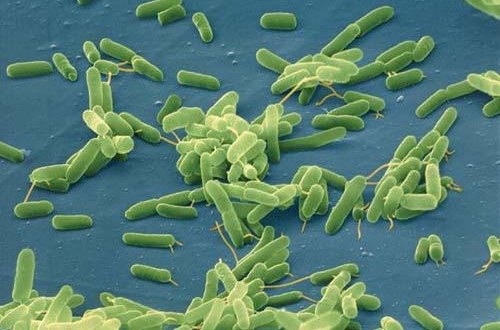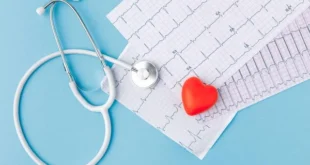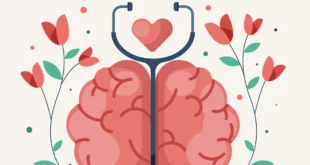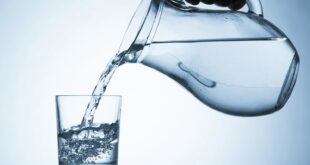By Patrick Xu
Bacteria are very interesting creatures. A lot of people think of them and say, “Oh, bacteria are deadly. They’re responsible for a lot of diseases that we get”. That may be true, but they’re double edged swords. They’re everywhere: inside our food, inside the wood in our tables, and inside us. they’re deadly, but still we can’t survive without them.
In our bodies are micro colonies of bacteria helping us survive. Take the bacteria inside your intestines, for example. It contains the largest amount of microorganisms that have a mutualistic relationship with humans. They play a vital role in digesting our food, as they help glean energy from carbohydrates, synthesize Vitamin K and B, absorb short-chain fatty acids when they are released when fermenting dietary fiber, and metabolize sterols- of which a common example is cholesterol, xenobiotics- which are chemical substances that are not expected to be in the organism, and bile acids. A very well known member of this micro colony inside your intestines is Escherichia Coli. E. Coli is made up of a majority of harmless strains that reside inside warm-blooded animals’ lower intestines and help produce Vitamin K and while prevent harmful bacteria from being able to live and reproduce there. However, some variations of E. Coli lead to food poisoning. E. Coli is just one group of the some 10 trillion bacteria living inside your intestines.
There are a lot of things that we do, however, that affect the growth of helpful bacteria inside us. Fluoride, when ingested, can kill bacteria easily and affect the overall population of the bacteria living inside, making way for other harmful bacteria to take up place and reproduce. Another factor is diet. How you eat affect how they break down carbohydrates, metabolize, produce vitamins, etc. Also, certain conditions could lead to certain variations of bacteria and change helpful bacteria to harmful.
Now you think “Oh, if bacteria is so helpful, then why does everyone think they’re harmful?” Well, for one, harmful bacteria is publicized a lot more than helpful bacteria because negative byproducts affect us a lot more than positive ones. Being fearful of disease makes us want to know about harmful diseases just to know about them when they actually hit. Fear is also a very dominant emotion for a lot of organisms, including humans. Also, they constantly mutate to avoid being killed off by our immune system, which is interesting from a scientific viewpoint. The truth is, probably less than 5% of bacteria actually affects organisms. Most bacteria are just sitting around and are harmless.
Bacteria is everywhere. There’s no escaping it. What you can escape, though, is misconceptions about bacteria. They’re commonly just known as harmful organisms, deadly to humans, but this isn’t the case. 99% of bacteria just sit around, being harmless, and within that small fraction of all bacteria, a lot of it actually helps you by preventing growth of pathogenic bacteria and even helping your body to survive. There’s more than just diseases like tuberculosis and tetanus; there’s bacteria that produce vitamins for your body, metabolize carbohydrates for you, and even protect against other harmful bacteria. They’re truly double-edged swords to organisms like us, the killers and helpers of humans.
 Tempus Magazine By Students, For Students
Tempus Magazine By Students, For Students 



